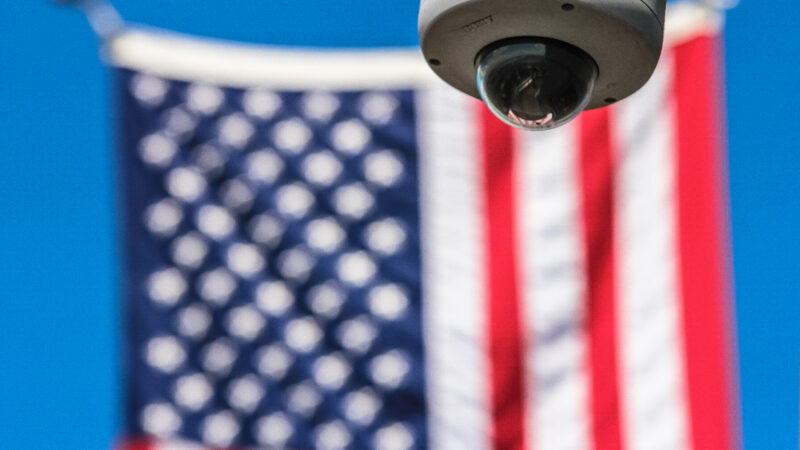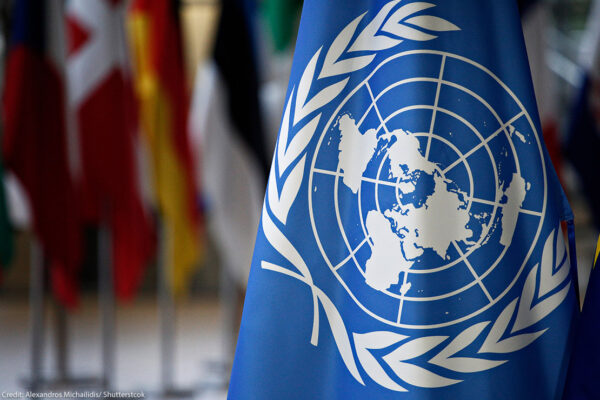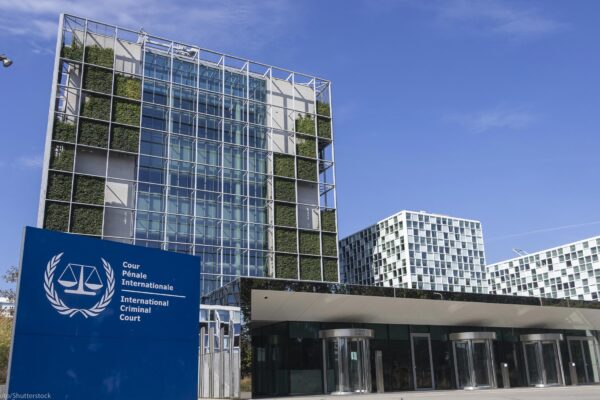National Security
Throughout U.S. history, "national security" has often been used as a pretext for massive violations of individual rights. If we allow the interests of "national security" to take away our freedoms, we surrender what it is to be an American.

“They that can give up essential liberty to obtain a little temporary safety deserve neither liberty nor safety.”
— Benjamin Franklin,
Historical Review of Pennsylvania (1759)
Throughout U.S. history, "national security" has often been used as a pretext for massive violations of individual rights.
In the 1940s, President Franklin D. Roosevelt approved the internment of 120,000 Japanese Americans. Today, virtually all Americans recognize the internment as an unjustified action that compromised the fundamental freedoms that make America great.
The terrorist attacks on September 11, 2001, mobilized our country in the fight against terrorism. However, 9/11 also launched one of the most serious civil liberties crises our nation has ever seen.
The USA-Patriot Act and related government actions undercut many important checks and balances on government law enforcement and intelligence powers. The most powerful parts of this sweeping legislation take away checks on law enforcement and threaten the very rights and freedoms that we are struggling to protect. For example, without a warrant and without probable cause, the FBI now has the power to access your most private medical records, your library records, and your student records ... and can prevent anyone from telling you it was done, even if it turns out to have no connection with a terrorism investigation.
In Oregon, the ACLU led the way to protect two unique Oregon laws under attack after 9/11. ORS 181.575 prohibits law enforcement from spying on people based solely on religious, political or associational activities. ORS 181.850 prohibits law enforcement from enforcing federal (civil) immigration laws when a person is not suspected of any criminal activity. As a result of a 65-member coalition, those two laws were preserved from various attempts to weaken or eliminate them in the 2003 Oregon legislature.
If we allow the interests of "national security" to take away our freedoms, we surrender what it is to be an American.
The Latest

Constitutional Challenge to USA-Patriot Act

The Targeted Chaos of Trump’s Attacks Against International Human Rights Law and Justice
Stay Informed
Sign up to be the first to hear about how to take action.
By completing this form, I agree to receive occasional emails per the terms of the ACLU’s privacy statement.
By completing this form, I agree to receive occasional emails per the terms of the ACLU’s privacy statement.


